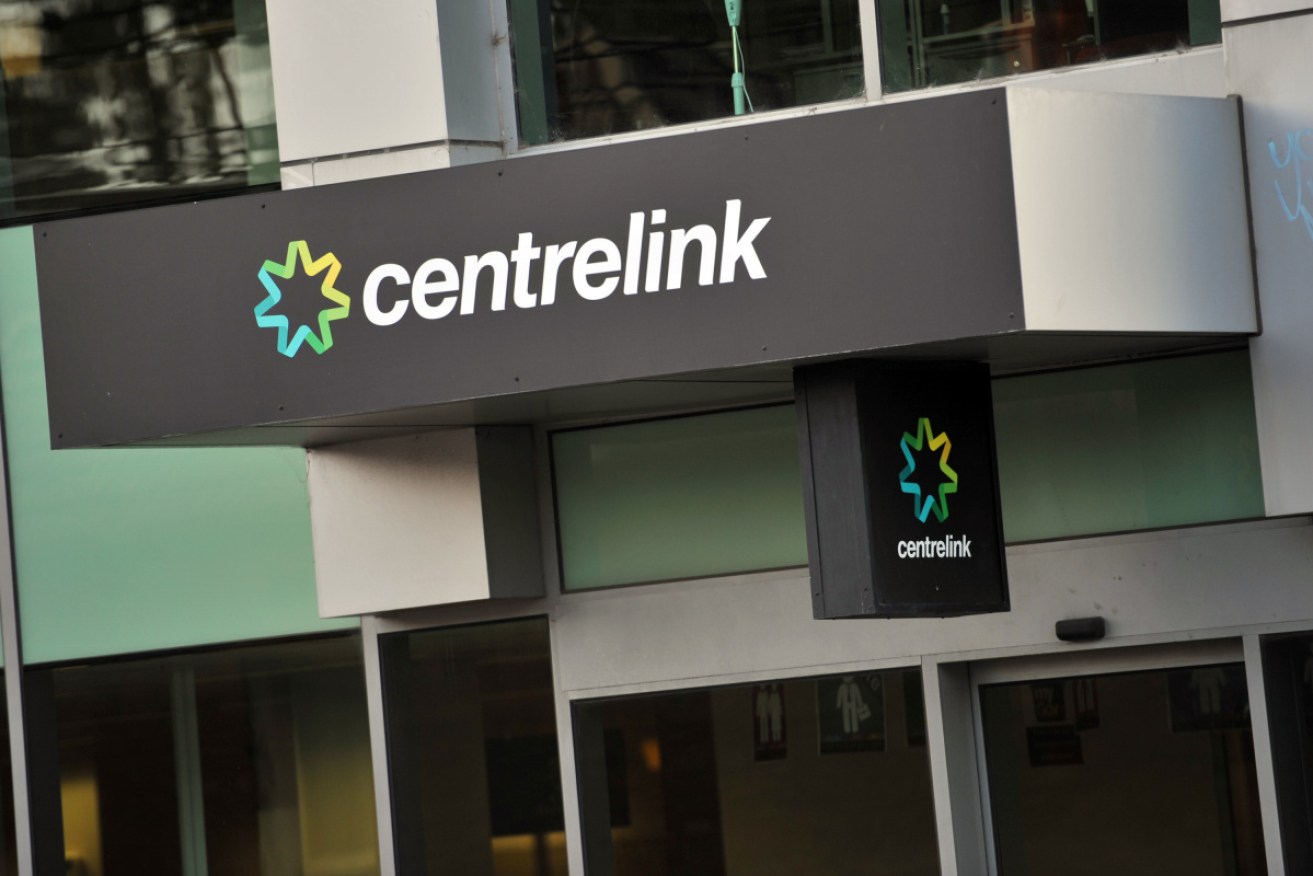Centrelink plans 1.6 million robo-debt reviews

Extra frontline staff at Medicare and Centrelink will help reduce call wait times. Photo: AAP
Centrelink expects to run another 1.6 million robo-debt reviews over the next three years despite calls to scrap the controversial welfare compliance program.
The Department of Human Services also insists reviews of the automatic debt program are working well, despite admitting 60 per cent of people they target either refuse to talk to Centrelink or drop out part way through.
In a submission made to a Senate inquiry into the robo-debt system, the department revealed it projects to perform 500,000 reviews in the 2019/20 financial year, and 550,000 in each of the two years after that.
The system has been criticised for unfairly landing people with debts they don’t owe, a complex review process that doesn’t work, and taking people’s tax returns without warning.
“The latest iteration of the online compliance system, which customers use to complete their reviews, is modern, easy to use, and transparent,” the department said in its submission.
“A review process does not commence without the person undertaking some action.
“Customers do not need to take legal action for an independent review of a decision to be undertaken.”
Two people who have taken legal action so far have had their debts wiped, while the Labor opposition is supporting a class action against the program.
The department said it uses registered post and read receipt emails to find out about 30 per cent of people do not engage with the review process at all, and another 30 per cent of people who start the process do not finish it.
“Where a person does not request a review of a debt decision, or engage with the department to provide more information, we have an obligation to pursue recovery of the debt and protect the integrity of the welfare system,” it said.
The main reasons Centrelink chases down robo-debts are people reporting their net income instead of their gross income, or they correctly report the accurate amount to their job network provider, who then doesn’t pass it on to Centrelink.
The department also denied staff were required to hit a certain number of reviews each week, despite media reports suggesting staff were required to do just that.
“Staff are coached regularly and will set aspirational targets for review finalisations in line with their individual learning and development needs,” the department said.
“Staff are not required to meet targets for debt raising.”
The robo-debt program is expected to cost more than $500 million over the next three years, for a benefit of $2 billion to the federal budget.
– AAP








